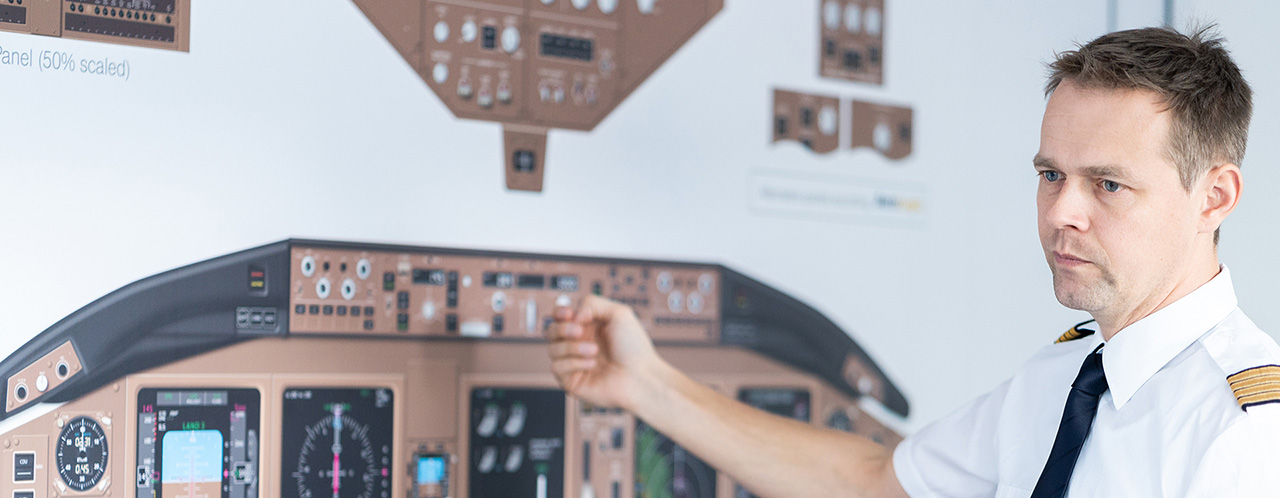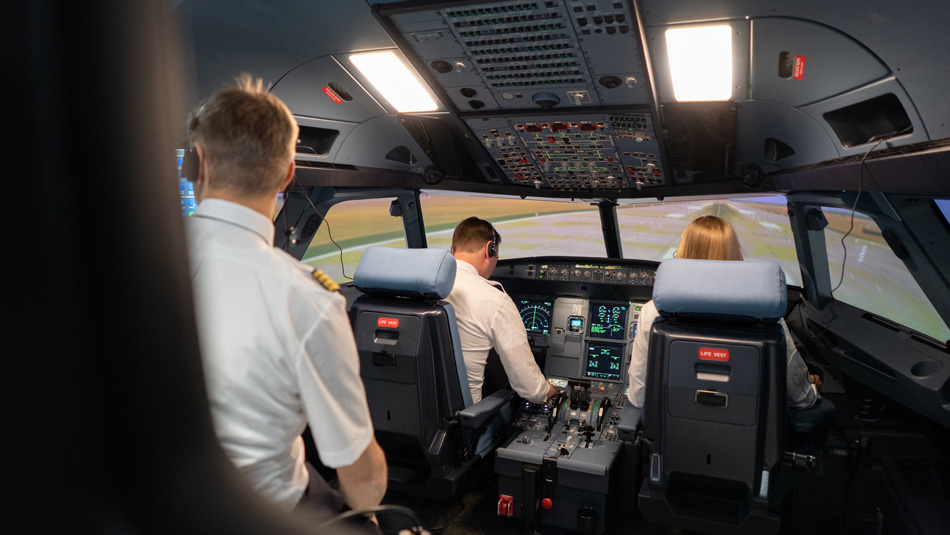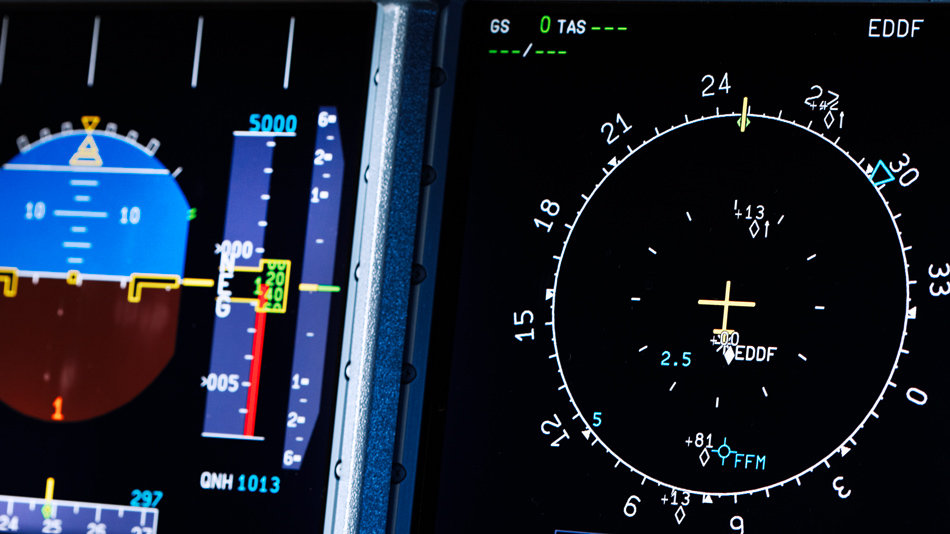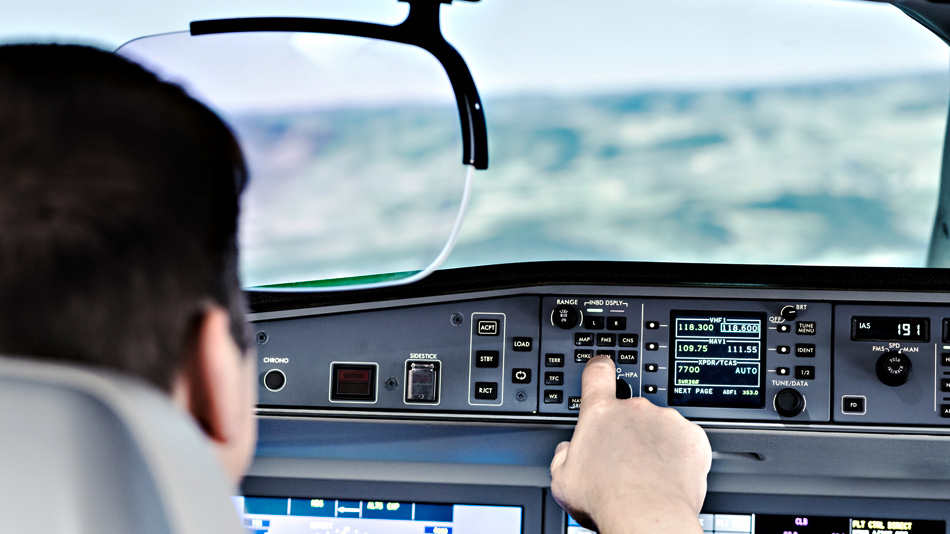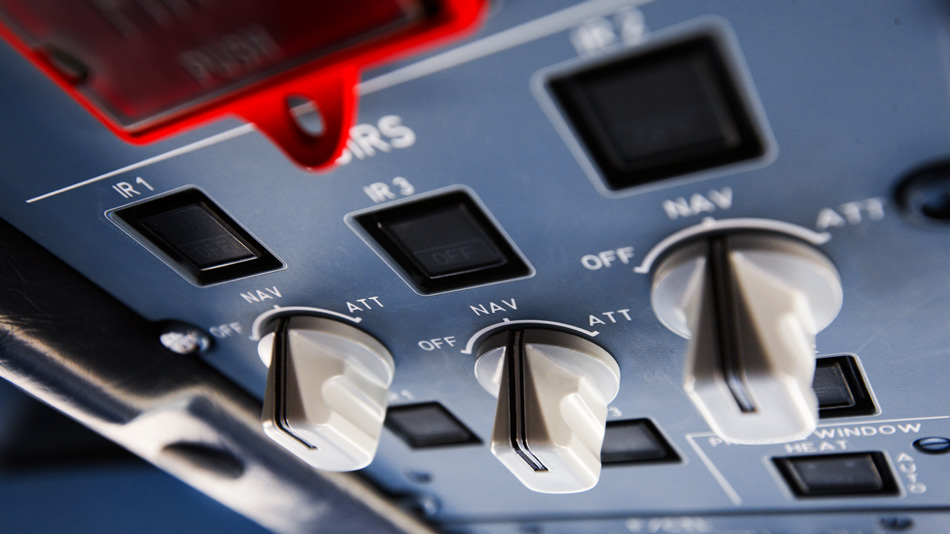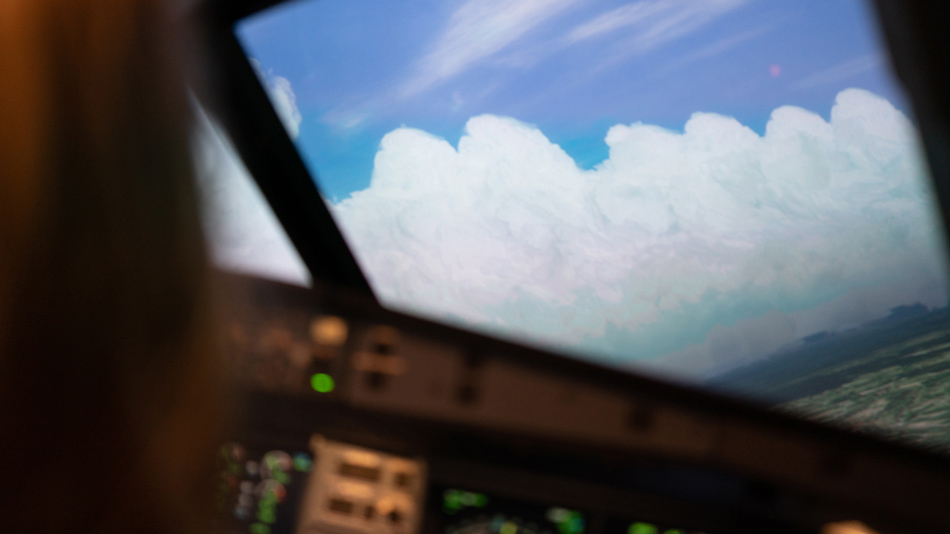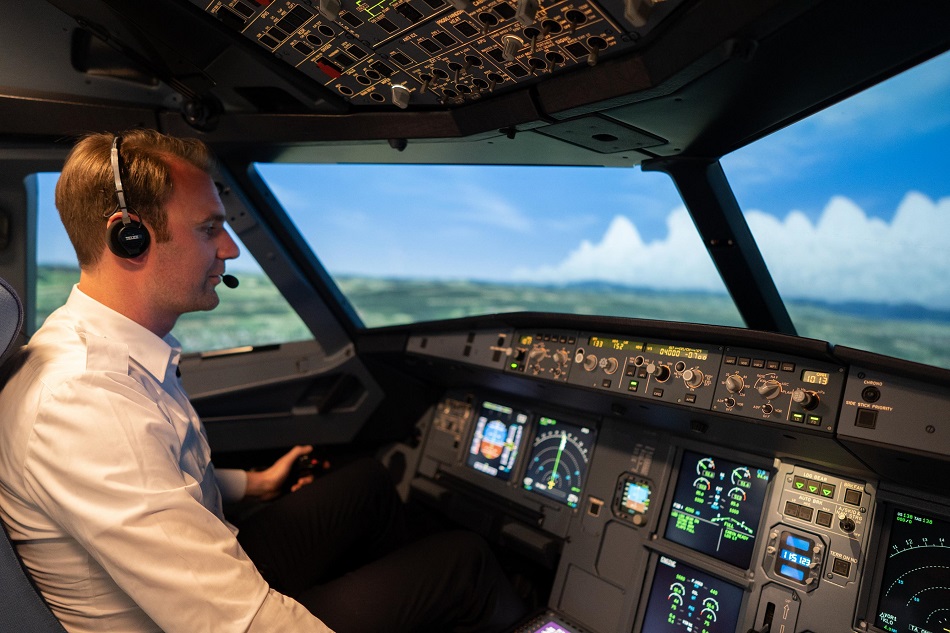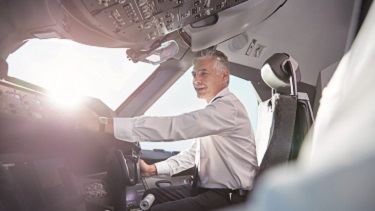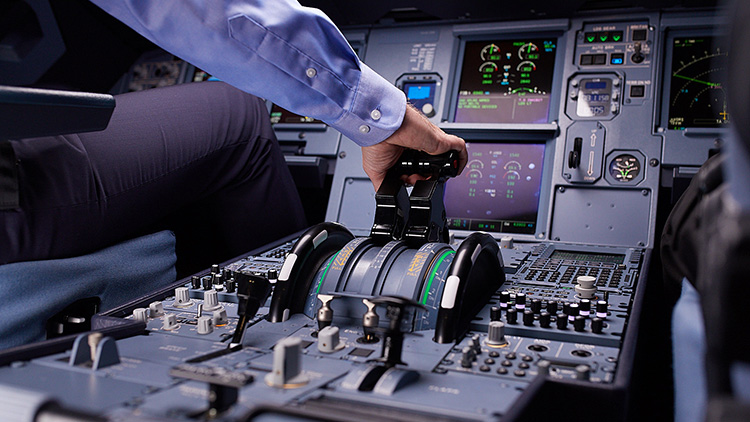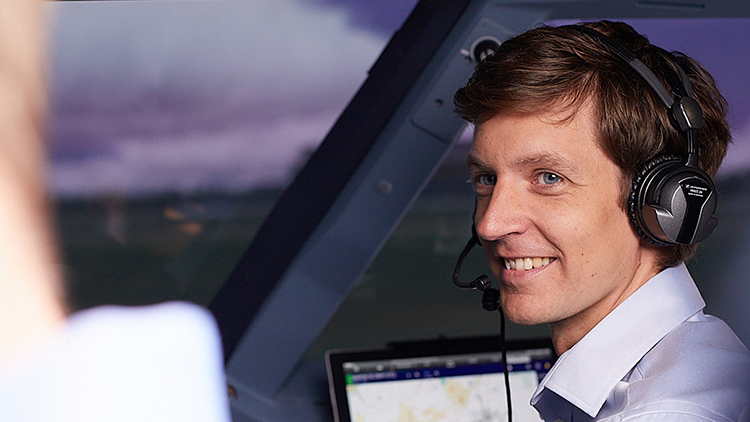Expanding Your Pilots’ Expertise
FLIGHT OPERATIONS TRAINING COURSES FOR COCKPIT CREW
Pilots need to fly safely under a broad range of conditions, make the right decisions even in emergencies, and – along the way – keep pace with the latest technological developments in the cockpit. Regular training under realistic conditions is essential in achieving this.
Our Air Operator specific Training Modules ensure your pilots are ideally prepared for new working environments and challenges. Some of these flight operations training courses are a component of the type rating test as prescribed by the EASA. Others serve to increase the safety and efficiency of your airline’s flight operations.
Reliable, state-of-the-art full flight simulators and experienced trainers with more than 17,000 hours of flight experience guarantee maximum learning success. As an approved training organization (ATO), we can individually adapt all Air Operator specific Training courses to your fleet and your flight operations. Get in touch with us for more information!
All-Weather Operation Airbus A340
In our All-Weather Operations course, your pilots acquire flight approach certification under CAT II or CAT III weather conditions.
All-Weather Operation Airbus A320
In our All-Weather Operations course, your pilots acquire flight approach certification under CAT II or CAT III weather conditions.
All-Weather Operation Airbus A330
In our All-Weather Operations course, your pilots acquire flight approach certification under CAT II or CAT III weather conditions.
All-Weather Operation Airbus A380
In our All-Weather Operations course, your pilots acquire flight approach certification under CAT II or CAT III weather conditions.
All-Weather Operation Boeing 747 400/-8
In our All-Weather Operations course, your pilots acquire flight approach certification under CAT II or CAT III weather conditions.

